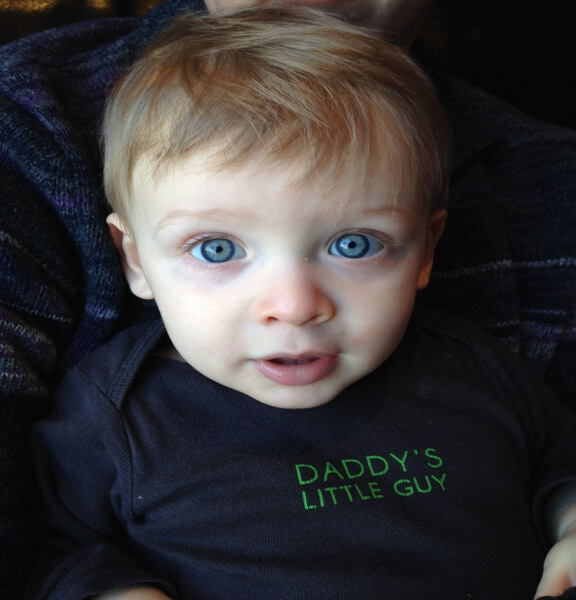 Hot Cars
Hot CarsBenjamin Seitz
Next week on July 7th, 2021, it will mark the seven-year anniversary of my son’s death. That day in 2014, my 15-month old son Benjamin, passed away in the car at my husband’s office.
My husband was not texting while he drove, he was not on a call, he was not late for a meeting. He simply took the wrong turn and forgot to drop Benjamin off at daycare. We had simply had a change in routine that morning.
According to David Diamond, a neuroscientist and expert in this field, his habitual memory or “autopilot” took over for his prospective memory, which plans tasks that will happen as the day progresses.
No words I share today can describe the pain of losing a child through a tragic event like this. I still remember his laugh, his smile, his blue eyes and golden curls. The day before he died, he said “Mama” for the first time.
People often tell me you must just simply move on. That is not a true statement. Families do not move on, we are broken and have a piece of our heart missing forever. Time just helps to dull the senses.
Tragedies like this do not only destroy families, but they uproot entire communities. My small CT town where this happened was also torn apart due to this tragedy. My daughters, one who stands here today, lost their only brother. The most tragic part of all of this is that it is entirely preventable.
In September of 2014, I stood before the Acting Administrator of the National Highway Traffic Safety Administration and other Congressmen pleading for action. It is June 30th, 2021 and nothing has been done. Since that day in 2014, another 250 children have died in hot car deaths. Since 1990, tens of thousands of children have been left in cars, with almost 1,000 deaths. This is entirely unacceptable.
Families continue to be torn apart by a lifetime of grief. Car manufacturers have known of this problem for decades, yet why do they not install these readily available solutions that can detect the presence of a child and alert others that they are in danger?
Education alone is not working, it is not enough. Members of Congress, we are calling you to action. The technology is there – it already exists and is not expensive. It is time that we require car manufacturers to implement these changes to save lives. We cannot lose another 1,000 children. This is not the first time Congress has acted. In 2008 it passed a bill requiring cars have rearview camera technology, which we all know is a part of the cars we drive and has surely saved thousands of lives. Now, it is time to prevent heat stroke deaths.
My daughter standing beside me took my hand after we informed her that her brother had died and told me that we would all be ok, because she loved me. She told me that I just had to keep breathing. Well, I did. I kept breathing. But, a day does not pass that I do not want to kiss my son again. To hold him. He would be eight years old today, in third grade. I have learned how to be happy again, how to love again, and forgive. That process has taken years and has been fraught with many bumps in the road. But, we will never be the same.
I would not wish this burden on anyone and I plead with Congress to listen to advocates and families, heed the warnings from the experts, understand the problem and act. We respectfully request that you pass the Hot Cars Act of 2021 this year. Thank you.
USA Today: "My child died in a hot car. What his legacy has taught me about love and forgiveness."
Donate in Honor of Benjamin

